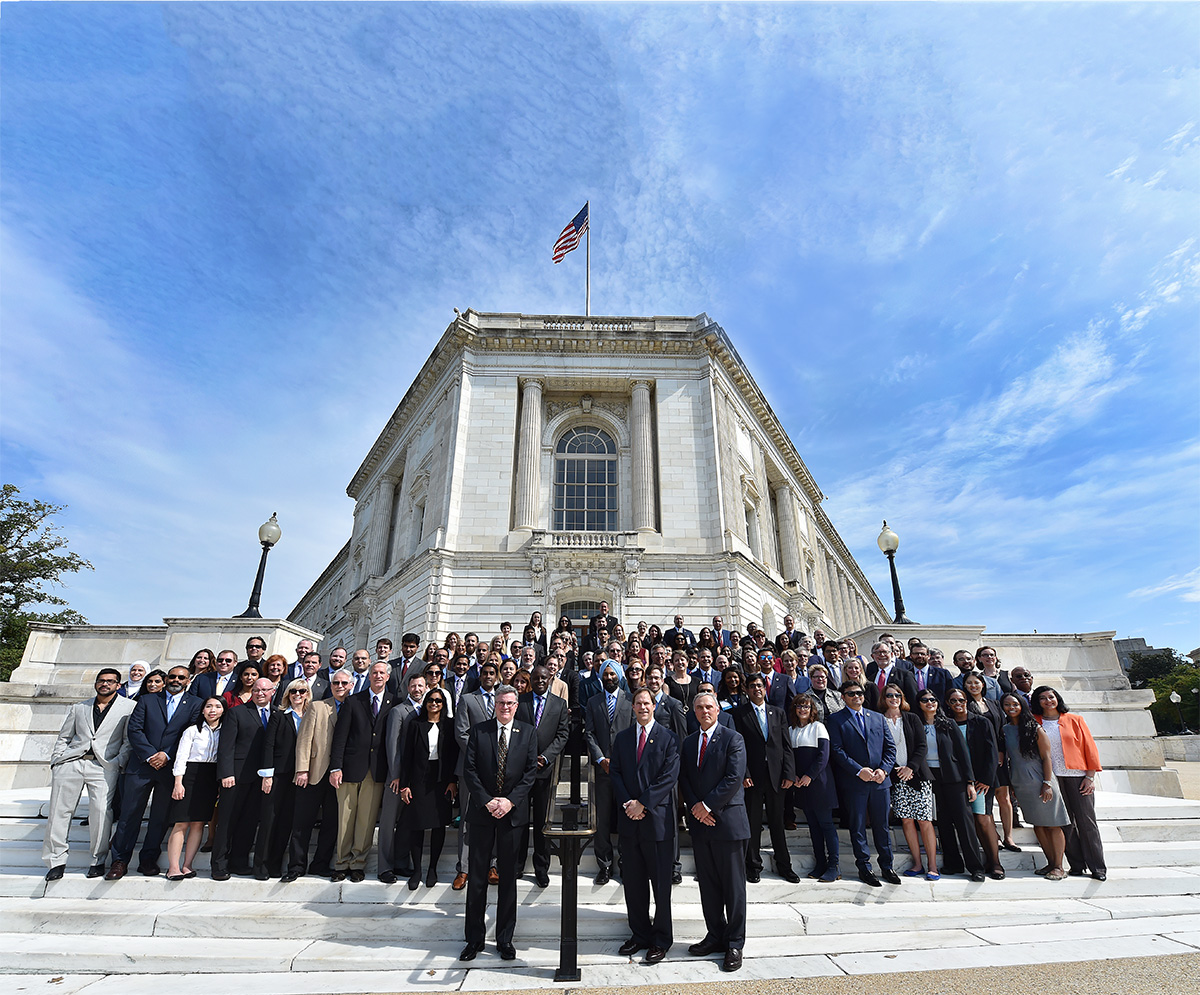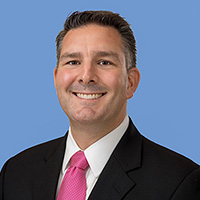2018 ACC Legislative Conference Recap

From Sept. 30 – Oct. 2, I attended the 2018 ACC Legislative Conference in Washington, DC, on behalf of the Interventional Section Leadership Council.
Listed below are my "Top 10" take-aways from this action-packed, influential meeting.
As a first-time attendee, it was encouraging to see ACC senior leaders fully focused on both the health of our patients and our member physicians.
There was a lot of discussion surrounding the Quadruple Aim , with appropriate legislative messaging to congressional leaders.
There was a focus on interoperability and intercommunication of all electronic health record systems (by CMS/Congressional mandate), as well as reduction in mandatory and mandated unnecessary data-entry burden (thereby increasing physician-patient face-to-face time).
Prior Authorization was also discussed, with conversations on reducing administrative burden, ending "automatic" denials and pursuing the renewable "Gold Card" option (preferred automatic approval status for organizations and groups with good record of appropriate use).
Throughout the conference, it was recommended that all cardiologists engage with their local, state and national leaders on a regular basis. They encouraged everyone to engage, enfranchise and drive the change. Multiple congressional teams admitted during our office visits that they rely heavily on constituent health "experts" like us to tell them what works well, what does not work well, what changes are needed and how they can help. They also recommended that whenever our interests align with other medical organizations, we should organize together for a louder voice.
It is important to avoid redundant or unnecessary work for all cardiovascular team members, and allow them to operate at the top of their licenses to permit us to spend more time with our patients and on our subspecialty tasks.
We discussed how new emerging Maintenance of Certification options are designed to replace the current ten-year American Board of Internal Medicine's recertification exam model.
It is important to work on harmonizing all society efforts to ensure consistent messaging and a stronger voice whenever our group interests are aligned.
Several congressional offices also brought up current legal challenges to the Affordable Care Act moving through the courts that might affect health care, particularly if the cases end up before the Supreme Court .
For additional conference information and materials, visit ACC.org.

This article was authored by Alexander G. Truesdell, MD, FACC, interventional cardiologist at Virginia Heart in Falls Church, VA.

